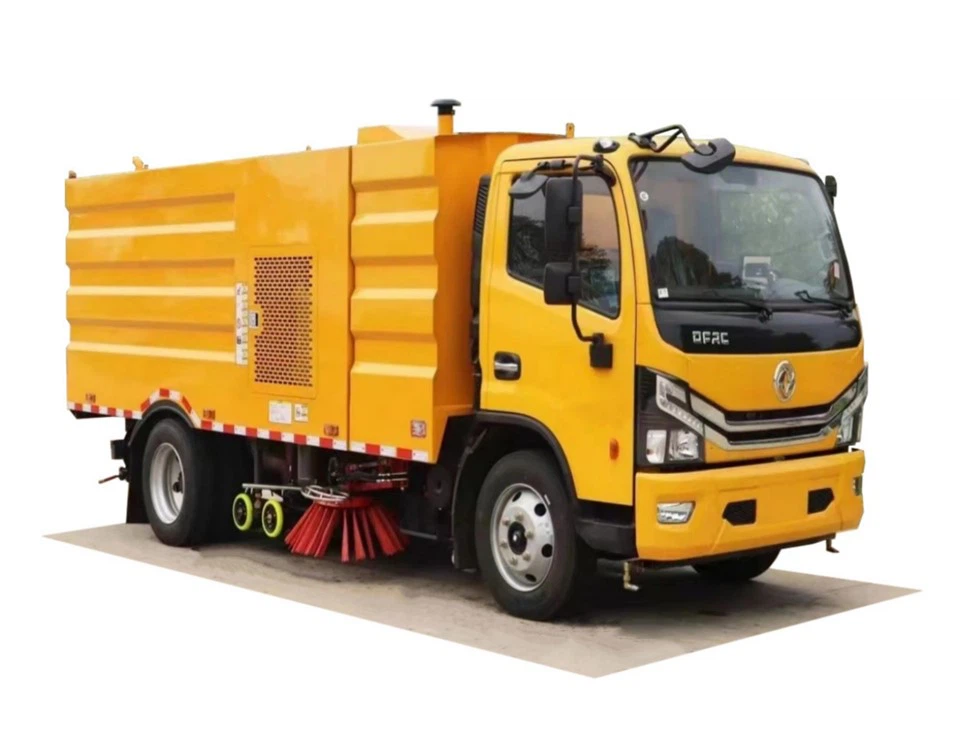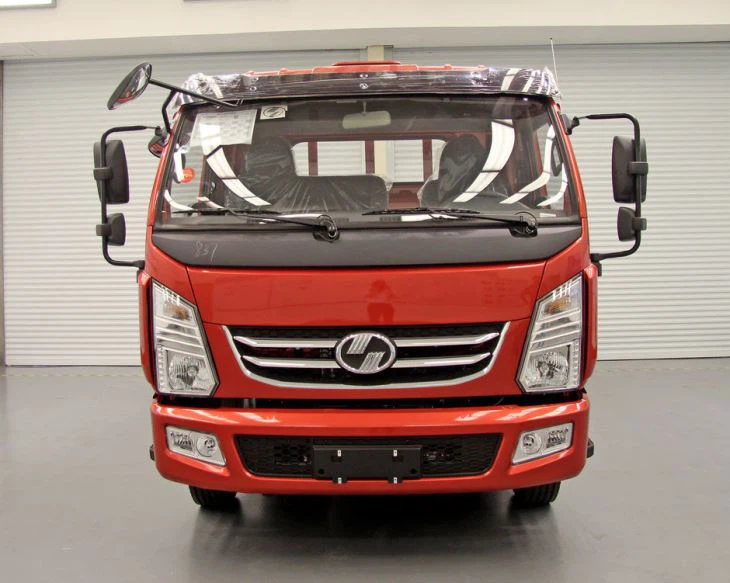Understanding Compactor Lorries: Essential Vehicles for Waste Management

Compactor lorries are crucial vehicles in the waste management industry, designed specifically to compress and transport waste materials efficiently. This article will explore every aspect of compactor lorries, including their design, function, benefits, and best practices for using them. Whether you’re in the waste management business or simply interested in how waste is processed, this comprehensive guide will provide valuable insights.
What is a Compactor Lorry?
A compactor lorry, also known as a garbage compactor truck or refuse compactor, is a specialized vehicle used to collect and transport waste materials. These lorries are equipped with a hydraulic mechanism that compacts waste into a smaller volume, allowing for a more efficient transportation process.
Types of Compactor Lorries
There are several types of compactor lorries, each designed for specific purposes:

- Side Loader Compactors: These vehicles collect waste from the side, utilizing automated arms to lift and empty bins.
- Rear Loader Compactors: Commonly used in residential areas, these trucks collect waste from the rear, where workers manually load waste into the truck.
- Vertical Compactors: Designed for commercial use, these lorries can handle larger volumes of waste.
The Design and Mechanism of Compactor Lorries
Compactor lorries are engineered for efficiency. Here’s a closer look at their design and mechanism:
Key Components of a Compactor Lorry
| Component | Description |
|---|---|
| Compaction Chamber | The area where waste is compacted before transportation. |
| Hydraulic System | Provides the necessary force to compact and lift the waste. |
| Loading Mechanism | Includes either side or rear-loading features to collect waste from bins. |
| Body Construction | Made of durable materials to withstand the wear of heavy loads. |
Benefits of Using Compactor Lorries
Investing in compactor lorries comes with numerous advantages:
1. Increased Capacity
The primary benefit of compactor lorries is that they can carry more waste per trip. This reduction in trips translates to lower fuel costs and decreased carbon emissions.

2. Enhanced Waste Management Efficiency

Compactors provide an efficient way to collect and process waste, streamlining the overall waste management operation.
3. Improved Safety
With automated loading and compacting systems, these vehicles decrease the risk of injury to workers on waste collection teams.
4. Environmental Benefits
By compacting waste, fewer emissions are generated during transportation, contributing to a greener planet.
Operational Best Practices for Compactor Lorries
To ensure optimal performance and longevity of compactor lorries, consider these best practices:
1. Regular Maintenance
Frequent checks and maintenance of the hydraulic system, compaction chamber, and loading mechanisms are essential. This prevents breakdowns and extends the vehicle’s lifespan.
2. Proper Training for Operators
Operators should undergo training to understand the vehicle’s features, ensuring safety and efficiency during operation.
3. Compliance with Regulations
Familiarize yourself with local waste management regulations to ensure compliance. This might include guidelines on what materials can be compacted and transported.
4. Scheduling and Route Optimization
Use route optimization software to reduce travel distances, increase efficiency, and lower fuel costs.
Compactor Lorries in Action: Practical Examples
Here are some practical use cases illustrating how compactor lorries benefit different scenarios:
Residential Waste Collection
In urban settings, compactor lorries are ideal for efficiently collecting residential waste. Side loaders enable rapid collection without manual labor, minimizing traffic disruption.
Commercial Waste Management
Businesses often require reliable waste management solutions. Compactor lorries can be employed to handle large volumes of waste generated from restaurants, offices, or shopping centers.
Construction Sites
During construction or renovation, huge amounts of debris and waste are generated. Using compactor lorries ensures that materials are removed swiftly, keeping the site clean and safe.
Advancements in Compactor Lorry Technology
The design and technology of compactor lorries are continually evolving. Here are some advancements that are currently making waves:
Smart Technology Integration
Modern compactor lorries now come equipped with sensors and GPS tracking systems. This technology allows for real-time monitoring of the vehicle’s status and location.
Electric and Hybrid Models
With a growing need for sustainability, electric and hybrid compactor lorries are becoming more popular. These models reduce fuel costs and lower emissions.
Factors to Consider When Purchasing a Compactor Lorry
When looking to invest in a compactor lorry, keep the following factors in mind:
1. Type of Waste Collected
Determine what types of waste your operation will handle to choose the most suitable compactor lorry.
2. Load Capacity
Evaluate the load capacity required for your operations to ensure efficiency in waste management.
3. Maintenance Costs
Consider the long-term maintenance costs of the vehicle to assess the overall investment.
4. Fuel Efficiency
Look for models that are known for fuel efficiency, as this will help reduce operating costs.
Frequently Asked Questions (FAQ)
1. What is the average lifespan of a compactor lorry?
The average lifespan of a compactor lorry is typically between 10 to 15 years, depending on maintenance and usage.
2. How much waste can a compactor lorry hold?
The capacity of a compactor lorry can range from 10 to 30 cubic yards, depending on the model and type.
3. Are compactor lorries environmentally friendly?
Yes, compactor lorries are designed to reduce the number of trips required to transport waste, thereby lowering fuel emissions.
4. Can compactor lorries handle recyclables?
Yes, many compactor lorries can be adjusted or designed specifically to collect recyclable materials.
5. What are the costs associated with owning a compactor lorry?
The costs can vary widely, but factors include purchase price, maintenance, fuel, and insurance.
6. How should I maintain a compactor lorry?
Regular maintenance should include checking the hydraulic system, cleaning the compaction chamber, and ensuring all mechanical components are functioning correctly.
